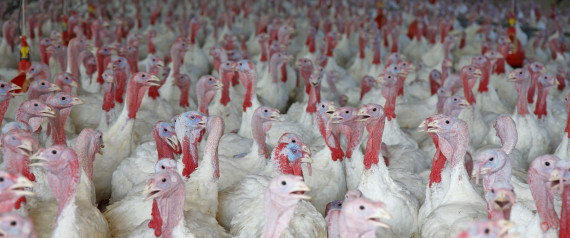Ruell Chappell 4:40 p.m. CDT July 23, 2014
 |
| Ruell Chappel |
The late 1950s and '60s saw a huge migration from the family farm to the cities.
We wanted to work 9 to 5 and wear nice clothes.
We also wanted someone else to grow our food and process, deliver and market it.
Many corporations stepped up and gave that to us in spades.
The problem was that these same corporations decided they not only wanted the business, but needed to make sure they kept the business.
To this end, they bought up local manufacturing and processing businesses and closed them.
Since then, our communities have been in an ever-steepening spiral on food security, economic prosperity, job growth and food prices.
In their zeal to not only own your food, but own it forever, both foreign and domestic industrial agricultural corporations have created and support the nuclear option of Amendment 1 (also known as the Right to Farm amendment).
It is the largest land and power grab I have ever witnessed.
More ...





